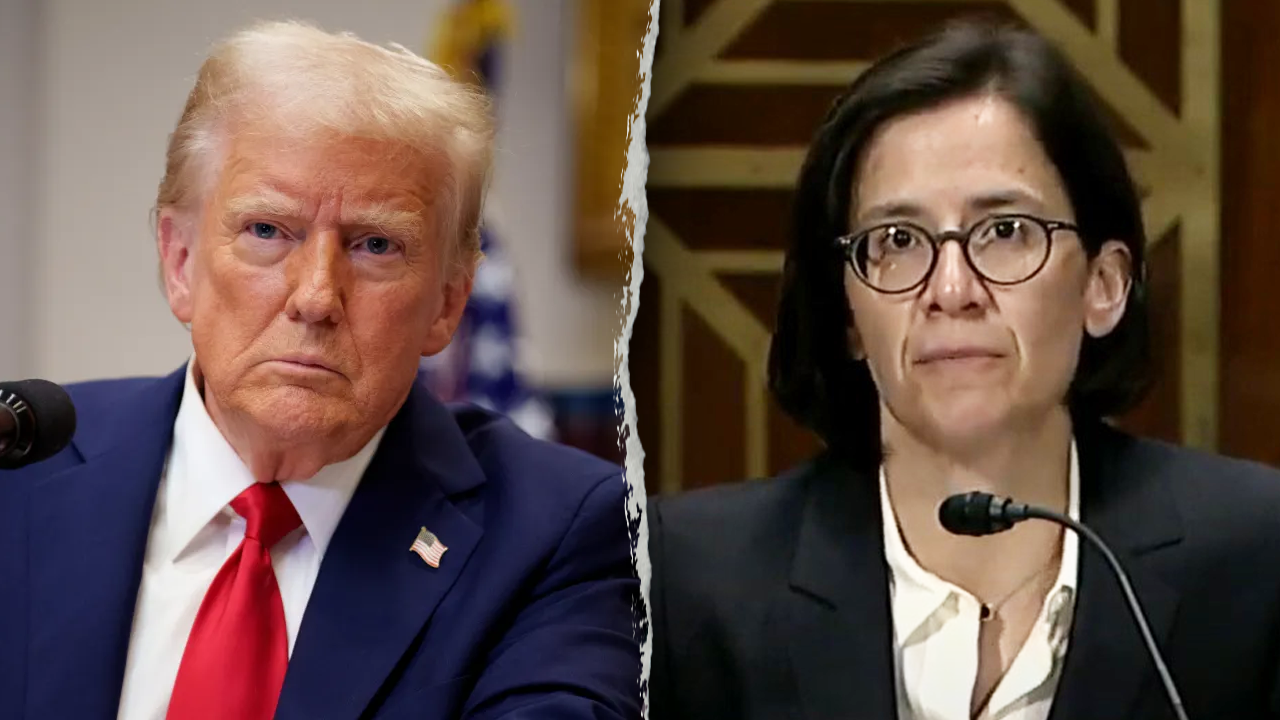Judge who blocked key Trump executive order has long history of progressive activism, Dem donations

A federal judge who blocked President Donald Trump from implementing an executive order banning transgender troops from serving in the military has raised eyebrows due to her long history of activism within the Democratic Party. U.S. District Judge Ana C. Reyes, a Biden appointee and the first openly gay federal judge in D.C., has a track record of supporting Democratic causes and candidates, including volunteering for Joe Biden’s 2020 campaign and donating over $38,000 to liberal efforts since 2008.
Reyes’ ties to the Democratic Party extend beyond her political contributions. She has been involved in representing illegal immigrants as a lawyer and has expressed support for asylum seekers, refugees, and women’s rights. Reyes has also worked with organizations like the Feminist Majority Foundation, where she served on the board and deferred law school to work for the group.
Despite her progressive activism, Reyes has not always ruled in favor of Democratic interests. She has previously sided with President Trump in cases involving the impeachment push and the leaking of Trump’s tax returns. However, Reyes made headlines recently for blocking Trump’s executive order on transgender troops, citing concerns about discrimination and the rights of transgender individuals to serve in the military.
In her ruling, Reyes referenced the musical “Hamilton” to emphasize the importance of protecting the rights of all individuals, including transgender service members. She emphasized that transgender individuals play a crucial role in defending the rights and freedoms of all Americans.
The legal battle over Trump’s executive order is ongoing, with Reyes issuing a preliminary injunction to prevent the Pentagon from enforcing the ban on transgender troops. The case has sparked debate over the rights of transgender individuals in the military and the role of the judiciary in upholding equality and non-discrimination.
As the controversy continues to unfold, Reyes’ background and activism in the Democratic Party have come under scrutiny. Her rulings and decisions on key issues like transgender rights highlight the complex intersection of politics, law, and social justice in the federal judiciary. It remains to be seen how Reyes’ involvement in high-profile cases will shape the legal landscape and impact the rights of marginalized communities in the United States.




